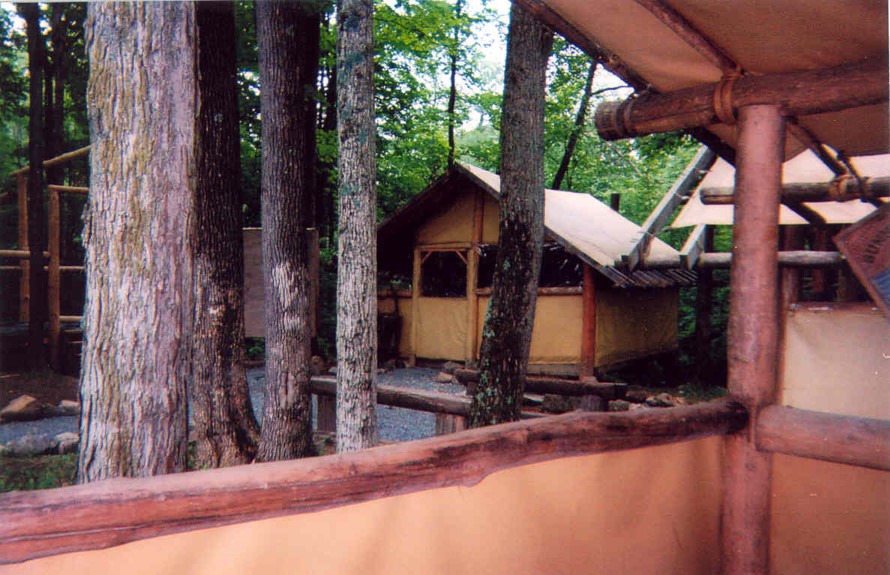|
Rural Youth, Well-Being, and Environment
This research focuses on the meeting of constructions of childhood with narratives about nature. In other words, this work considers how ideas about how young people ought to behave structures their lived experience in real, material places. Specifically, the publications listed below are concerned with how gender, class, and nature narratives are put to work on the socialization of rural youth. Morse, C. 2014. Splintered Generations: Difference, the Outdoors, and the Making of ‘Family’ at an American Wilderness Therapy Camp in R. Vanderbeck and N. Worth (Eds), Intergenerational Space, London: Routledge. Dunkley, C. Morse. 2009. A Therapeutic Taskscape: Theorizing Place-Making, Discipline, and Care at a Camp for Troubled Youth. Health & Place. 15(1): 88-96. Dunkley, C. Morse. 2004. Risky Geographies: Teens, Gender and Rural Landscape. Gender, Place and Culture 11(4): 559-579 Vanderbeck, R. and Dunkley, C. M. 2004. Introduction: Geographies of Exclusion, Inclusion and Belonging in Young Lives Editorial, Introduction to special issue of Children’s Geographies 2(2): 177-183 Vanderbeck, R. and Dunkley, C. M. 2003. Young People’s Narratives of Rural-Urban Difference. Children’s Geographies 1(2): 241–259. |
